Globes used to be standard in households, usurped in many ways by modern mobile and desktop applications. But one company believes they can upgrade the globe for the 21st century.
PlayShifu has developed Orboot, a globe that is brought to life through their corresponding augmented reality application. Children can use an iOS or Android device to scan the globe and view animations and educational content, including puzzles, quizzes, and stories. Content is divided into eight app features, covering subjects such as animals, monuments, and food, which are unlockable through in-app purchases.

By scanning the Orboot globe through a mobile device and corresponding app, children can learn about fundamental subjects, like animals, through interactive content.
Orboot has already received tremendous response to their Kickstarter campaign. With more $77,000 pledged, the campaign far exceeded their initial $15,000 target to manufacture. Earlier this month, PlayShifu started another fundraising campaign, this time through IndieGogo, which has raised over $78,000 to date.
The product is their first entry in the United States market, where 60% of backers reside. Another 25% of backers come from Canada, United Kingdom, France, Germany, and Australia. Based on this success, PlayShifu began selling one of Orboot's predecessors, an AR flash card game called Shifu Space, on Amazon.
"We already see a product pipeline coming after the Orboot launch," said co-founder Vivek Goyal in an interview with Next Reality. "The response has been phenomenal, and we're really looking forward to improving the app over the course of the next six months."

One of Orboot's predecessors, Shifu Space teaches children about the universe through flash cards.
Goyal and co-founder Dinesh Advani earned their undergraduate degrees in India, with Goyal earning his MBA at Stanford University. Last year, they founded PlayShifu as a means to develop interactive learning tools for young children.
"We could not find anything that would help us raise our kids and make their foundation stronger," said Goyal.
Their PlayShifu app, available on the Google Play Store and Apple's iOS App Store, allows children to scan flash cards and display interactive 3D content on top of the cards. In addition to space, PlayShifu offers card decks cover fundamental learning concepts such as animals, travel, and jobs.
However, they wanted to put the concept to work in a more aesthetic format.
"How could we make this experience richer? That's where the concept of [the] globe came from," said Goyal. "In our childhood, we used to have globes in pretty much every house … We thought, 'Let's bring it back.'"
In their testing, they found that children were amazed by holograms, but they also became more attached to the tactile component of the globe than they were with the flash card games. Moreover, parents also showed interest in the globe.

By shifting from flash cards to a globe, PlayShifu is able to help children understand where animals and landmarks exist in relation to their own location.
"Why it works is because parents are totally involved in this. The globe already has a mind space in parents; they know that it is an educational tool, a powerful tool," said Goyal.
While several virtual globe apps exist in app stores already, Goyal believes combining the physical and digital environments gives Orboot a strong advantage as an educational tool.
We feel that the tactile feeling that a physical game brings is really important for the kids early on, which is why we are not into pure digital games. The physical feeling of touching a globe, rotating it, seeing different countries on a map, finding out where you live, where others live, is very important not only for brain development but also for them to remember stuff.
PlayShifu's strategy for developing augmented reality relies heavily on leveraging talent in Bangalore and Mumbai, India, home to numerous special effects teams that build computer-generated imagery for Hollywood productions.
"We knew we had been exposed to a lot of high-quality 3D stuff, and we knew that there is a lot of talent available locally," said Goyal. "What was missing was how to render on mobile."
Through the development of earlier prototypes, their team was able to achieve loading of 20 to 30 models on mobile devices with high resolution while simultaneously tracking a marker and placing content on top of it.
Orboot operates on a different scale altogether with hundreds of 3D models rendered. Goyal revealed that they are working on converting the app to live stream rendering of 3D models so that devices do not need to store all of the content.
Orboot is expected to ship this October.
- Follow Next Reality on Facebook, Twitter, and YouTube
- Follow WonderHowTo on Facebook, Twitter, Pinterest, and Google+
Cover image via PlayShifu








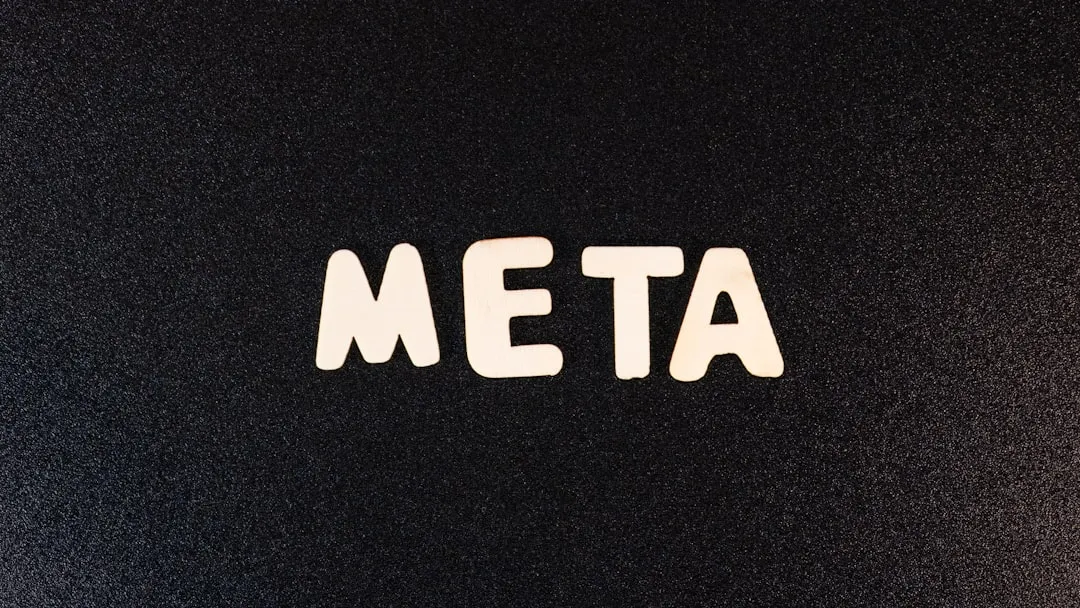

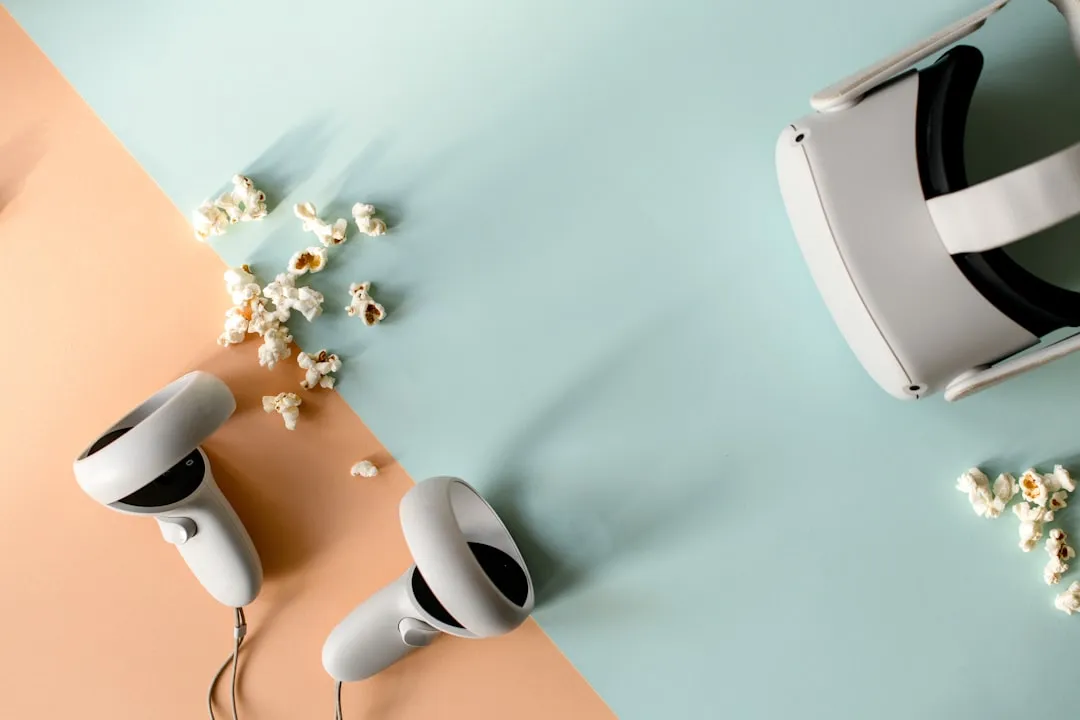
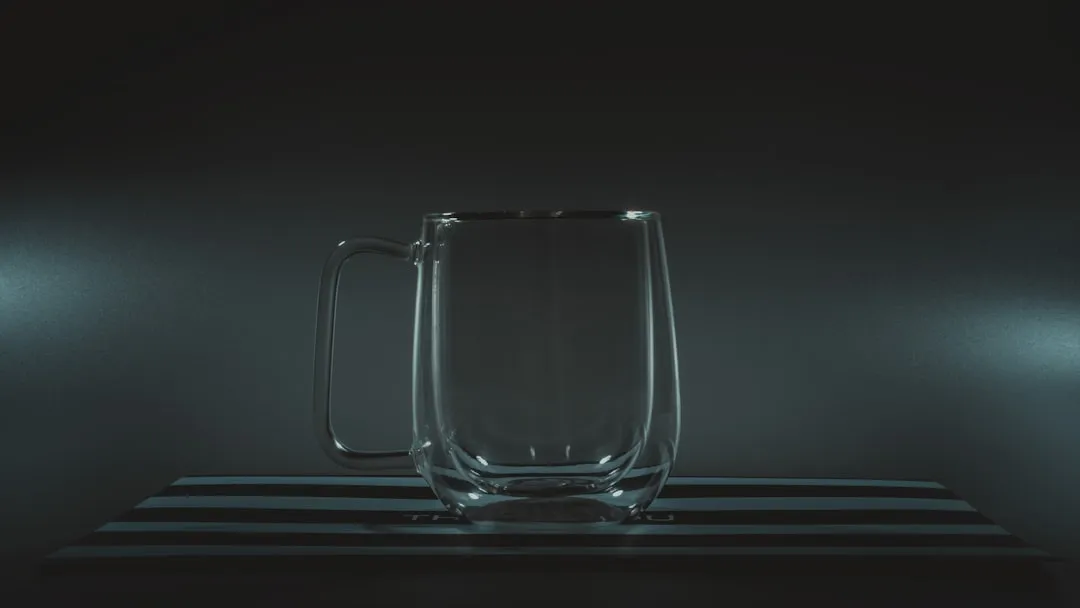
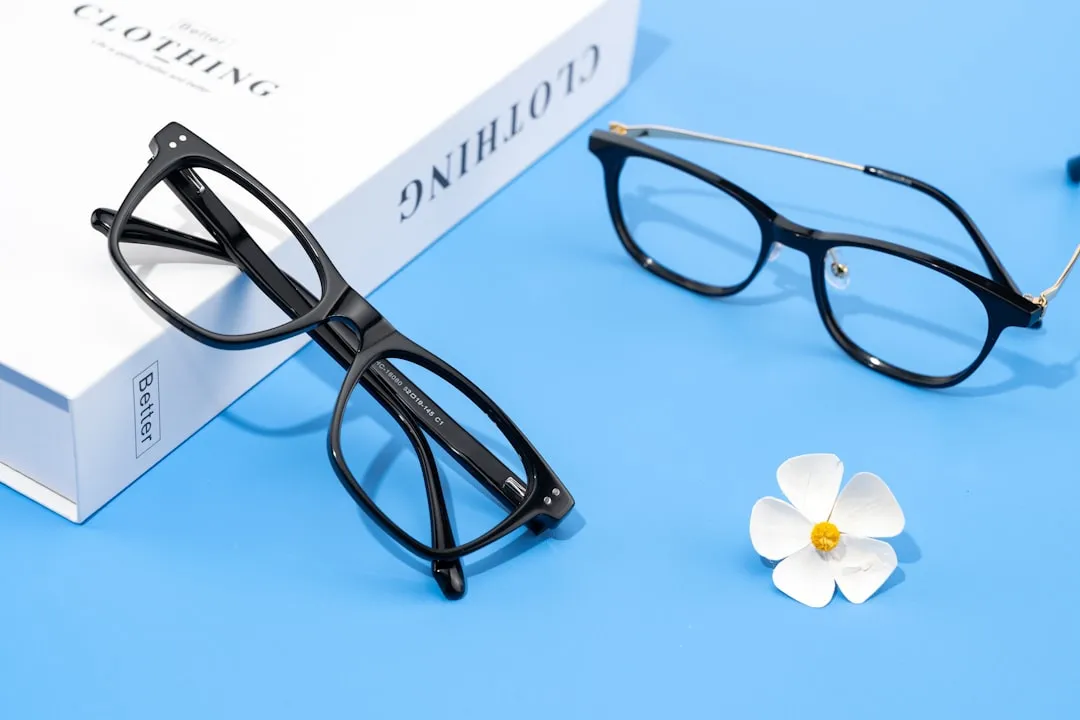
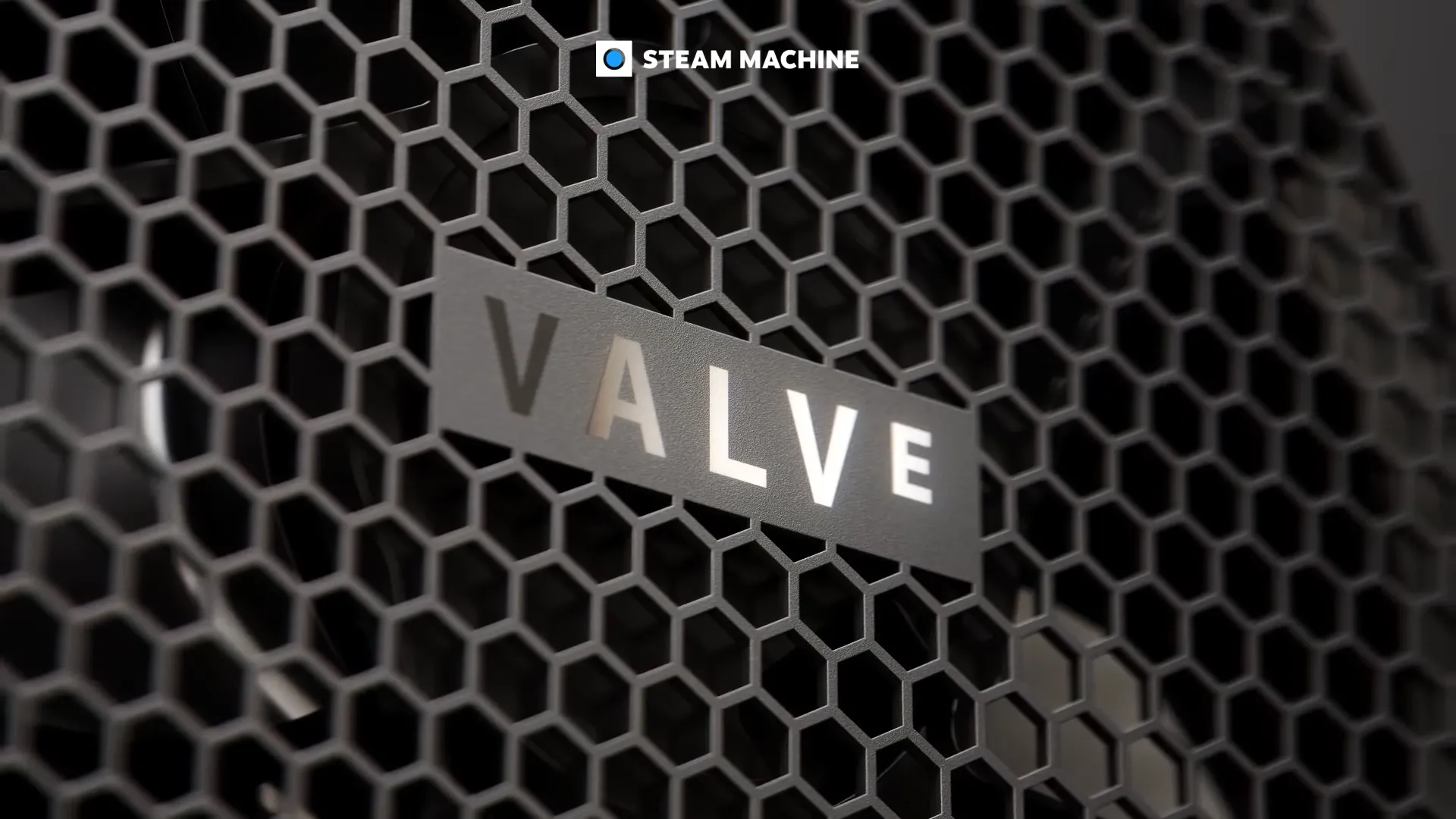
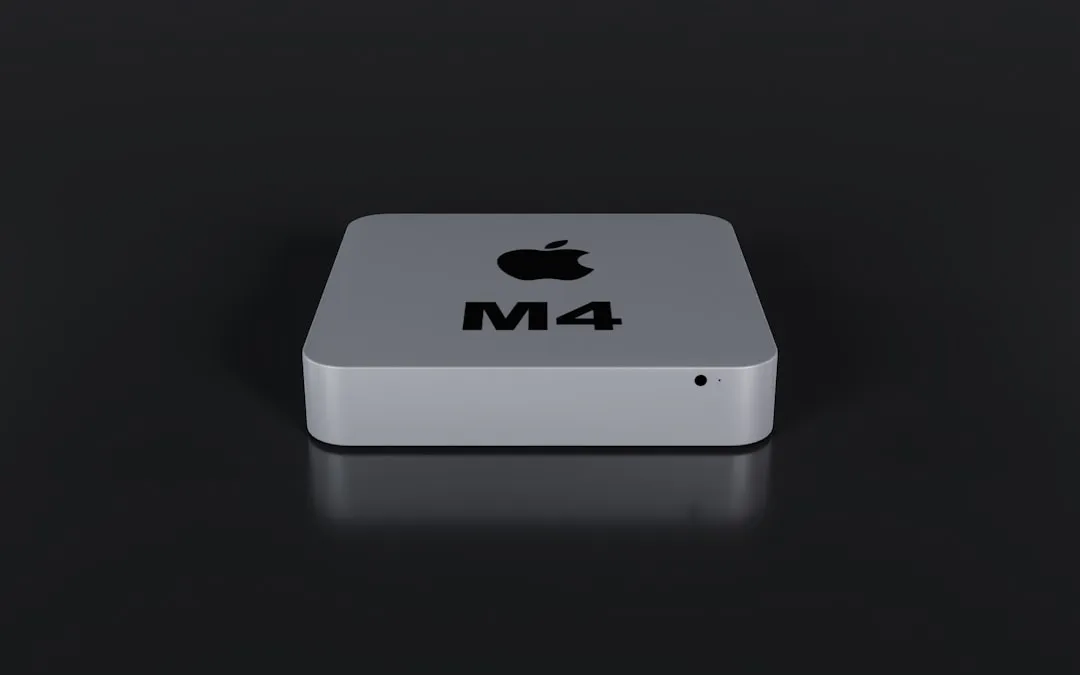
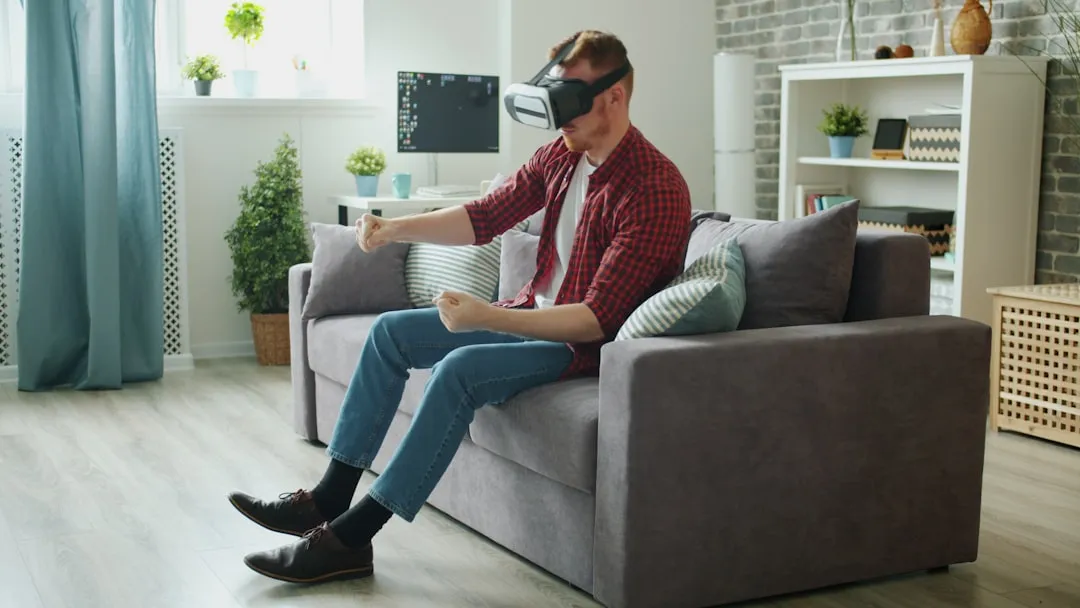
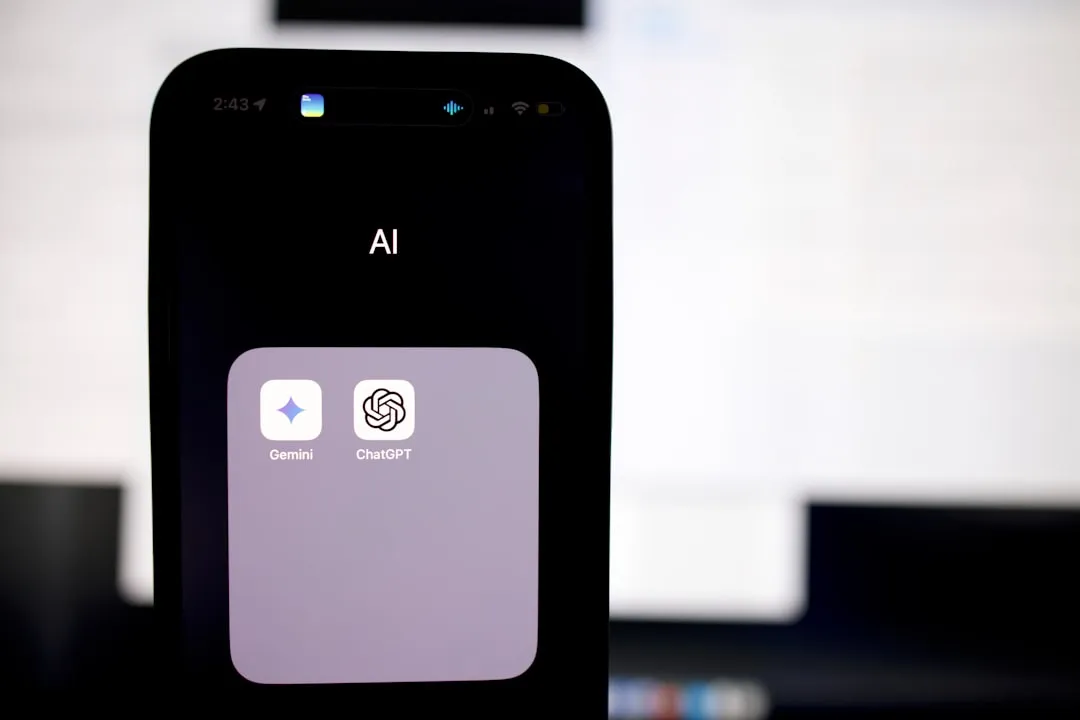
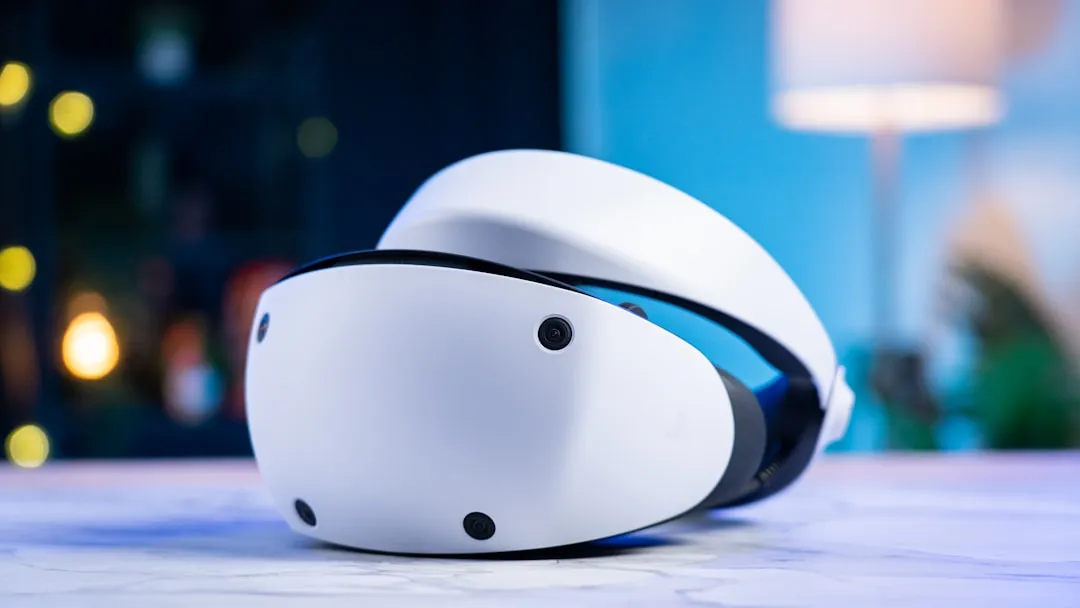



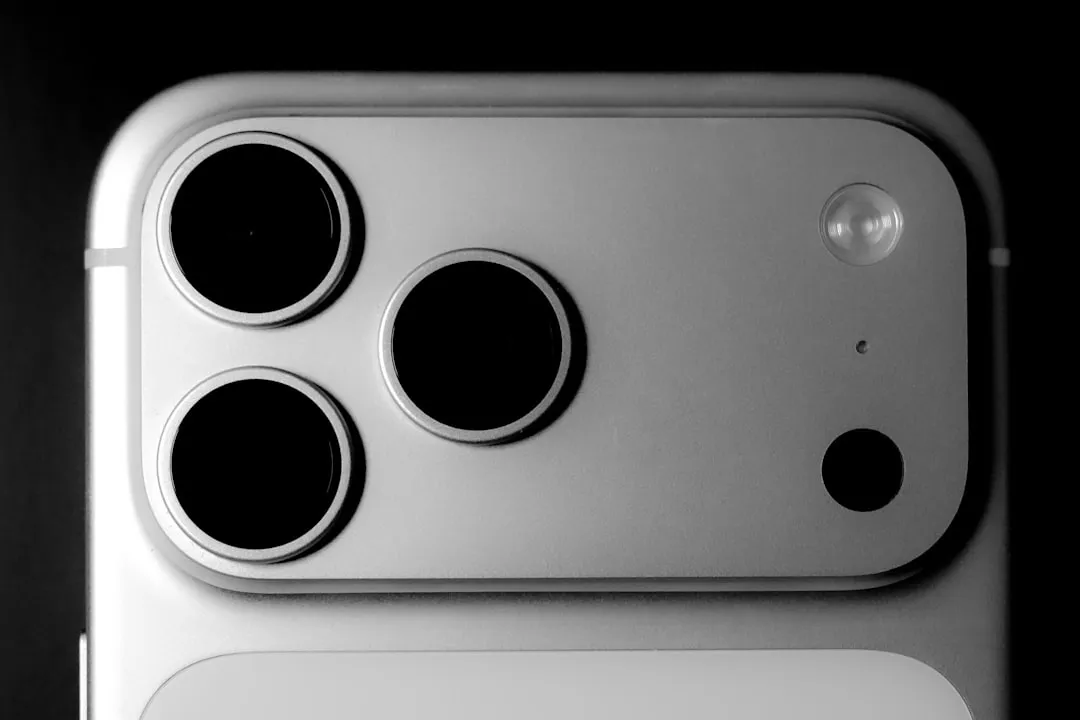
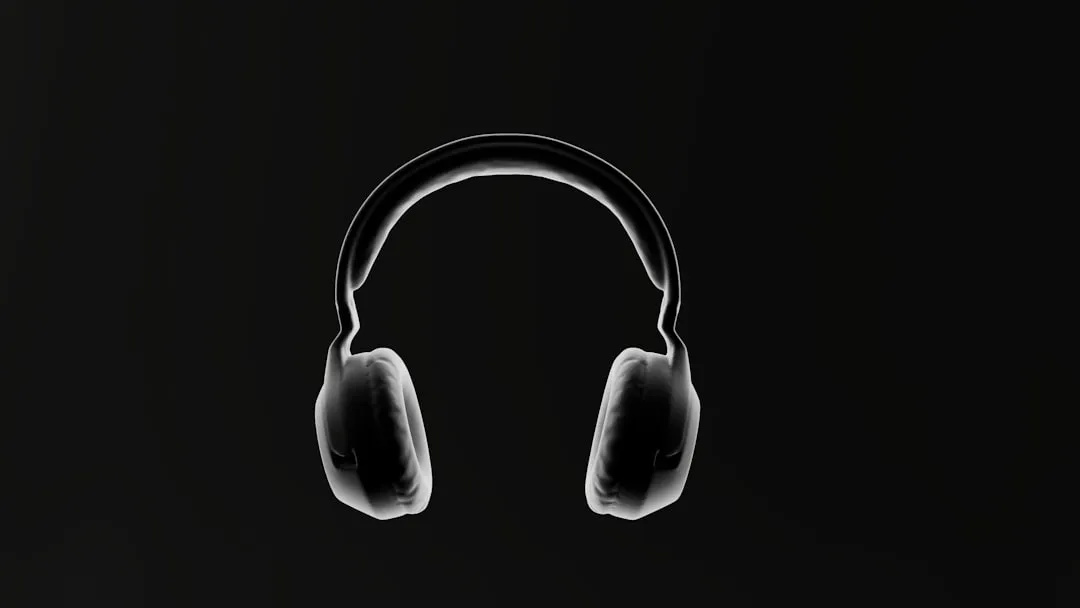
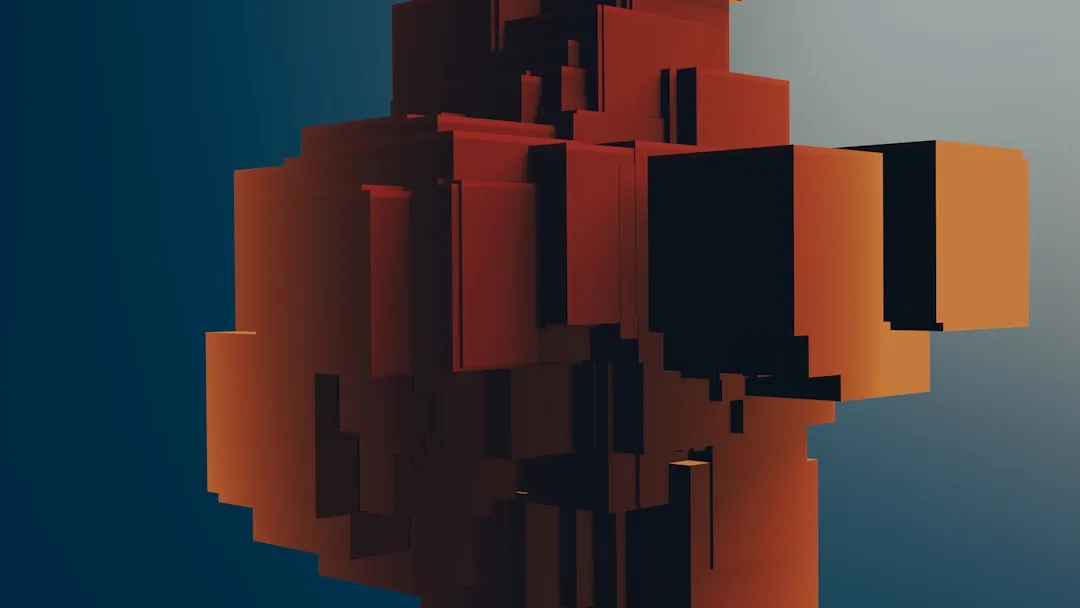
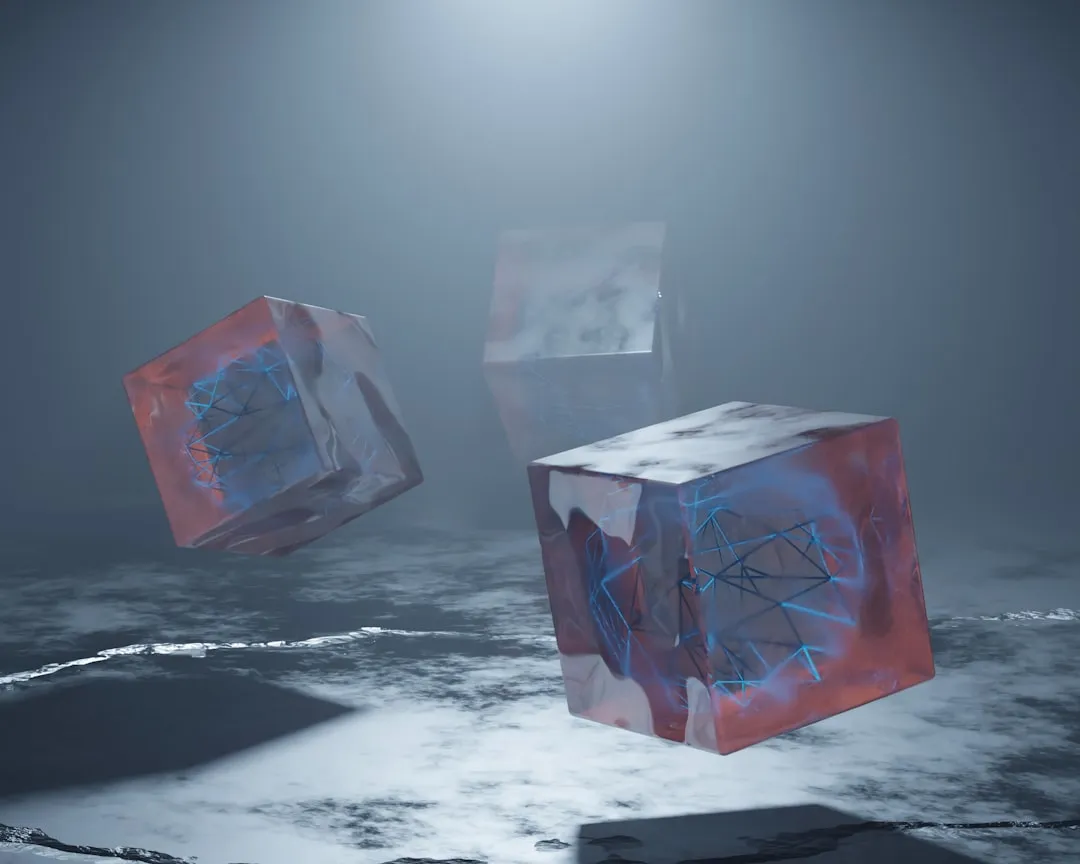
Comments
Be the first, drop a comment!